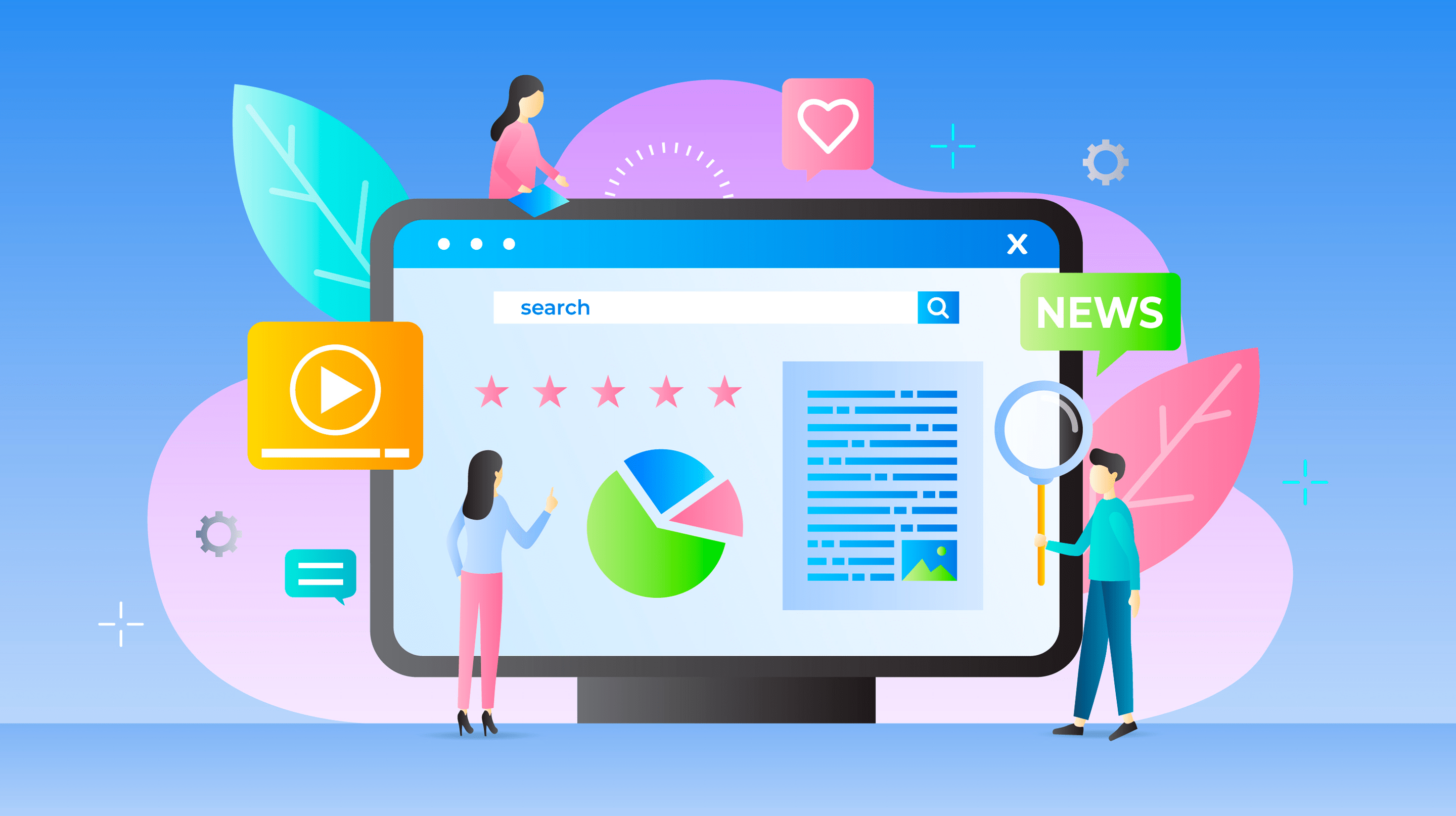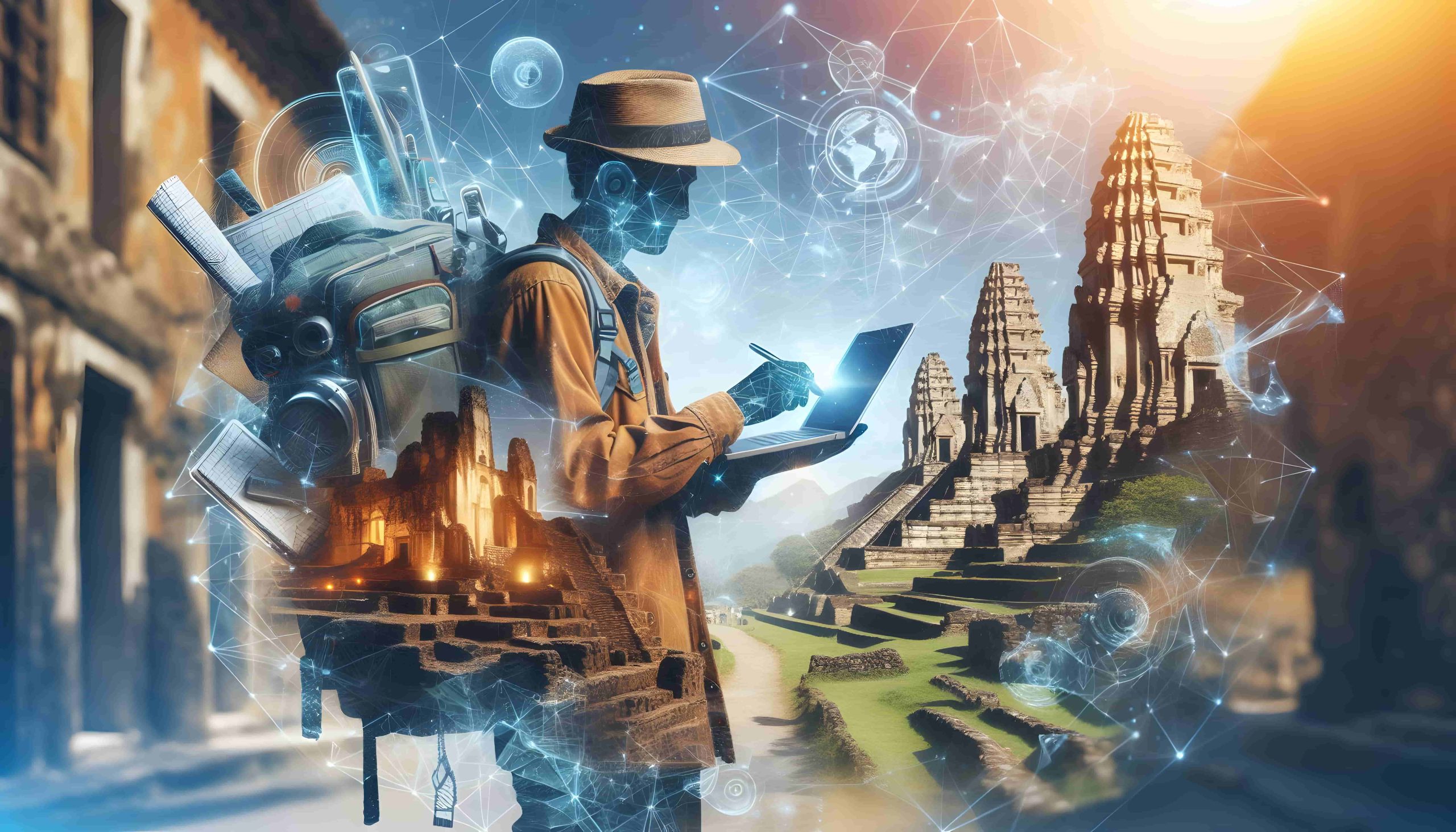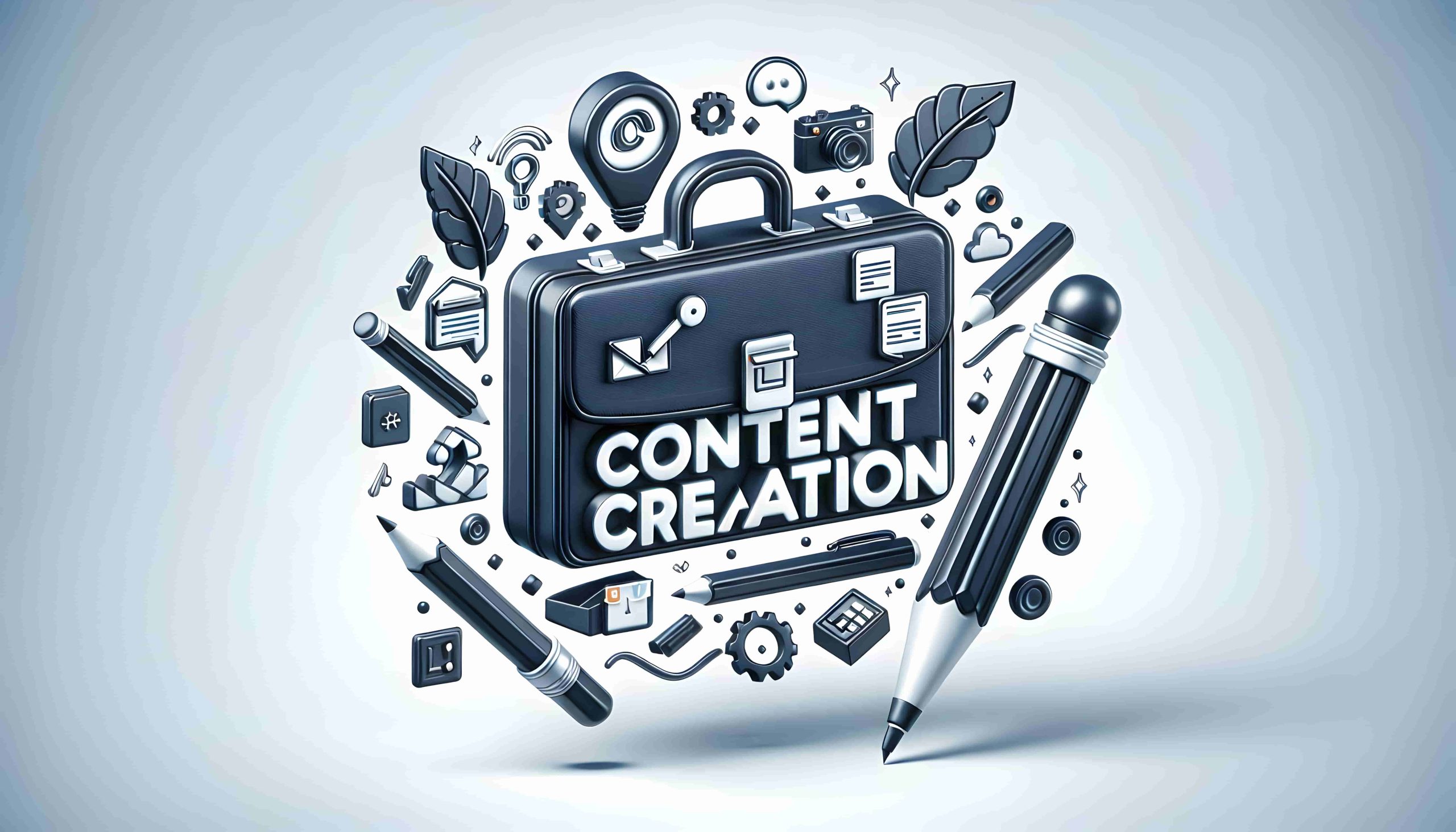Artificial Intelligence (AI) is revolutionizing the tourism industry by enabling the creation of dynamic, engaging, and tailored content for websites. Here’s how AI-generated content can enhance tourism websites and the benefits it brings.
Real-Time Updates
Tourism often requires up-to-date information about weather, events, or seasonal highlights. AI can automate the generation and updating of articles about upcoming events, festivals, or special deals. It also ensures real-time travel advisories are provided promptly.
Personalized Destination Guides
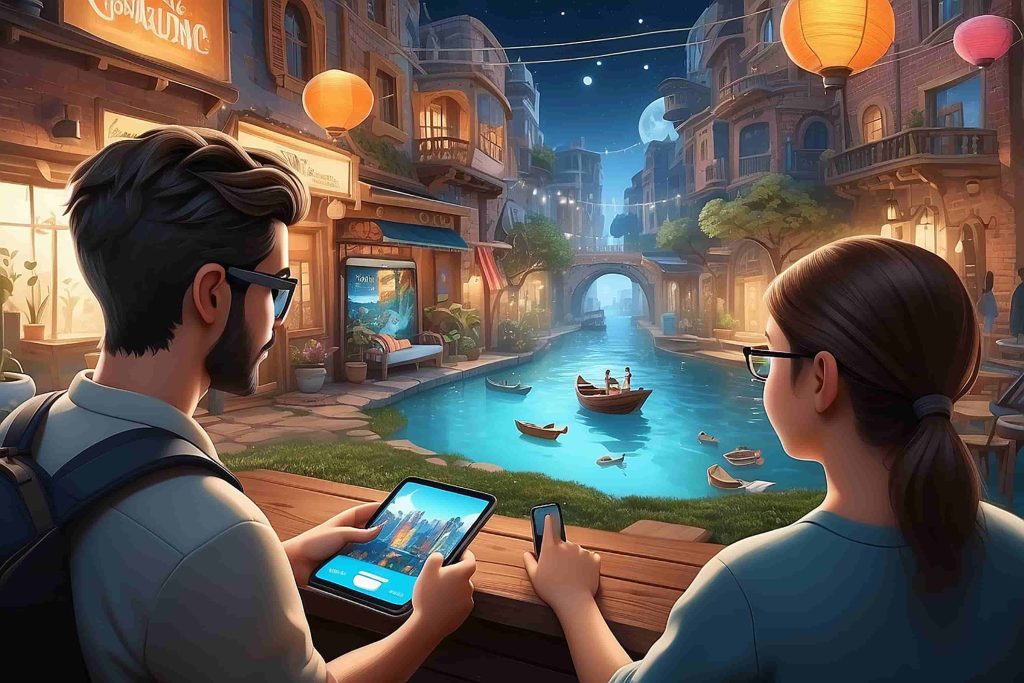
Travelers today expect content tailored to their unique preferences, and AI excels at delivering this. By analyzing user data such as search behavior, past interactions, and stated interests, AI can create personalized travel guides. For instance, it can recommend activities like hiking, fine dining, or historical tours based on individual preferences. This technology can also generate itineraries specific to a traveler’s location or desired destination.
For example, a visitor planning a trip to Siem Reap might see a detailed guide that includes sunrise visits to Angkor Wat, suggestions for nearby cultural tours, and dining recommendations for authentic Khmer cuisine. This level of personalization not only enhances the user experience but also increases the likelihood of conversions, such as bookings or tour reservations.
Multilingual Content Creation
Tourism websites cater to a global audience, making multilingual content a necessity. AI-powered language models make it easier than ever to translate website content into multiple languages while maintaining cultural nuances and the appropriate tone for each audience.
Rather than relying on manual translation, which can be time-consuming and costly, AI can instantly translate blogs, guides, and promotional materials into various languages. For example, a tourism site can seamlessly provide its content in English, Chinese, French, and Spanish, ensuring accessibility to a wider audience.
SEO Optimization
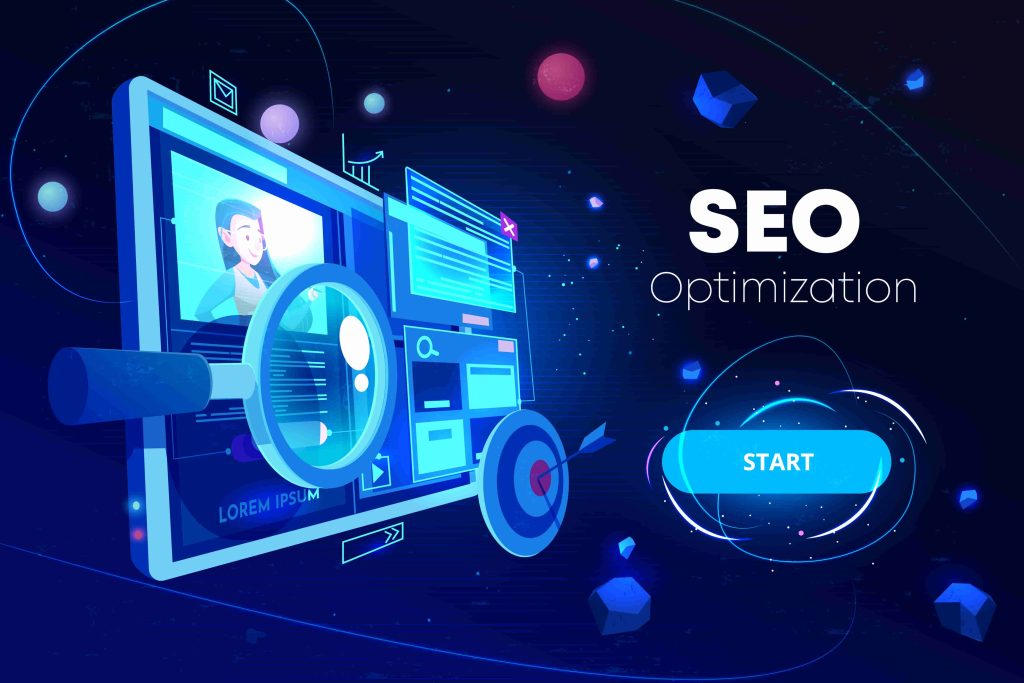
Search engine optimization (SEO) is crucial for tourism websites to remain competitive and visible online. AI can generate content that is not only engaging but also optimized for search engines. This includes crafting keyword-rich headlines, meta descriptions, and body text that align with trending queries related to travel and tourism.
Additionally, AI tools can identify gaps in existing content by analyzing competitor websites and search trends, enabling businesses to create targeted pieces that attract more visitors. For example, a travel blog about “hidden gems in Siem Reap” optimized with relevant keywords can rank higher on search engine results, driving organic traffic to the site.
Visual and Interactive Storytelling
AI goes beyond text by generating stunning visuals and videos tailored to specific destinations. It also enables the creation of interactive elements, such as virtual tours or augmented reality experiences, enhancing user engagement.
Cost Efficiency and Scalability
AI can quickly produce large volumes of content, saving time and resources. This scalability allows even smaller tourism businesses to maintain a professional web presence while ensuring quick updates across multiple pages or campaigns.
Key Use Cases for Tourism Websites
AI can vividly describe city highlights, landmarks, cultural spots, and activities in popular destinations like Siem Reap. It can also generate travel blogs on trending topics or frequently asked questions, as well as engaging property descriptions tailored to travelers’ preferences.
Challenges and Ethical Considerations
While AI offers significant benefits, it also comes with challenges. Ensuring that AI-generated content aligns with a brand’s voice and provides accurate, reliable information is essential. The human touch remains valuable, as some travelers prefer personal stories and recommendations. Additionally, regulatory compliance, such as accessibility and adherence to local tourism regulations, must be prioritized.
The Future of AI in Tourism
The integration of AI in tourism websites is just the beginning. As AI technology continues to evolve, it will unlock even more possibilities, such as hyper-personalized travel planning, predictive analytics for user behavior, and immersive virtual reality experiences.
By combining AI-generated content with human creativity and strategic insights, tourism businesses can create compelling digital experiences that attract, engage, and inspire travelers worldwide.

 Telegram
Telegram Whatsapp
Whatsapp Messenger
Messenger







